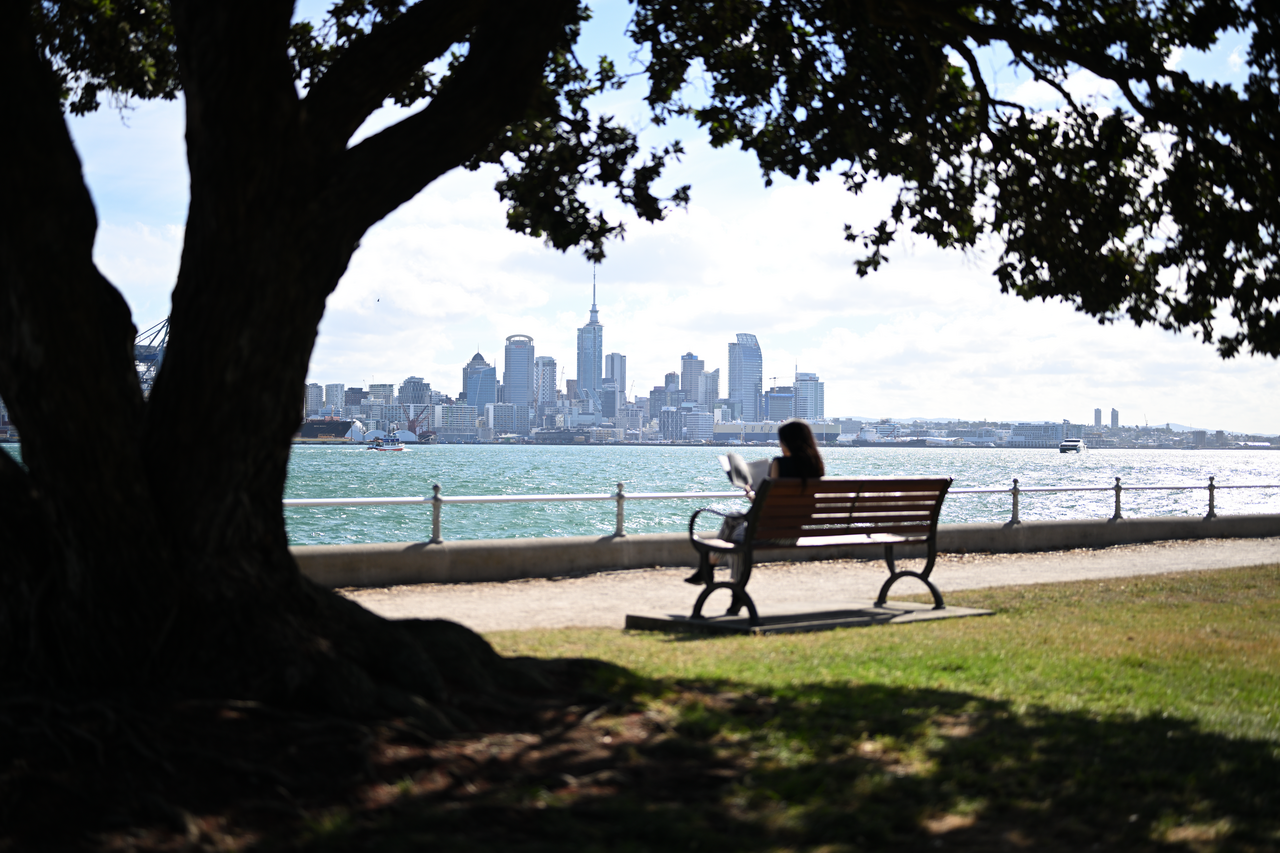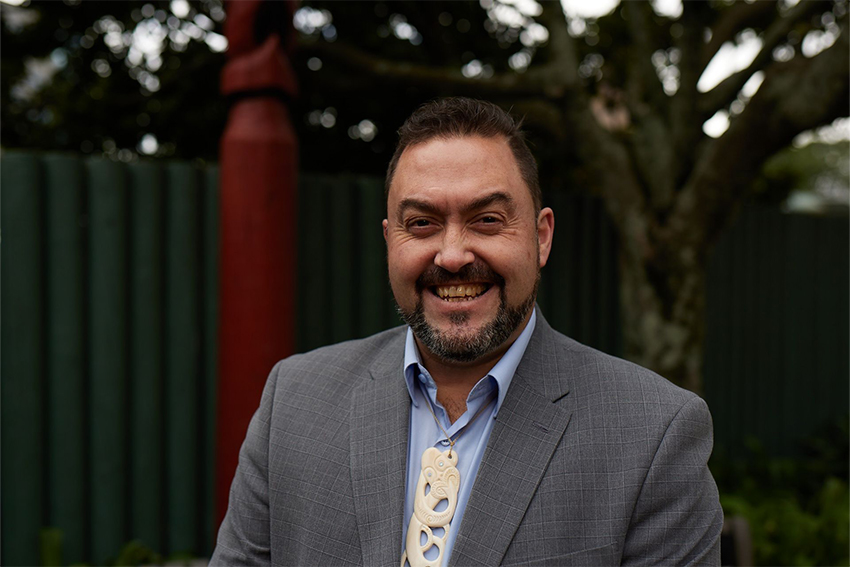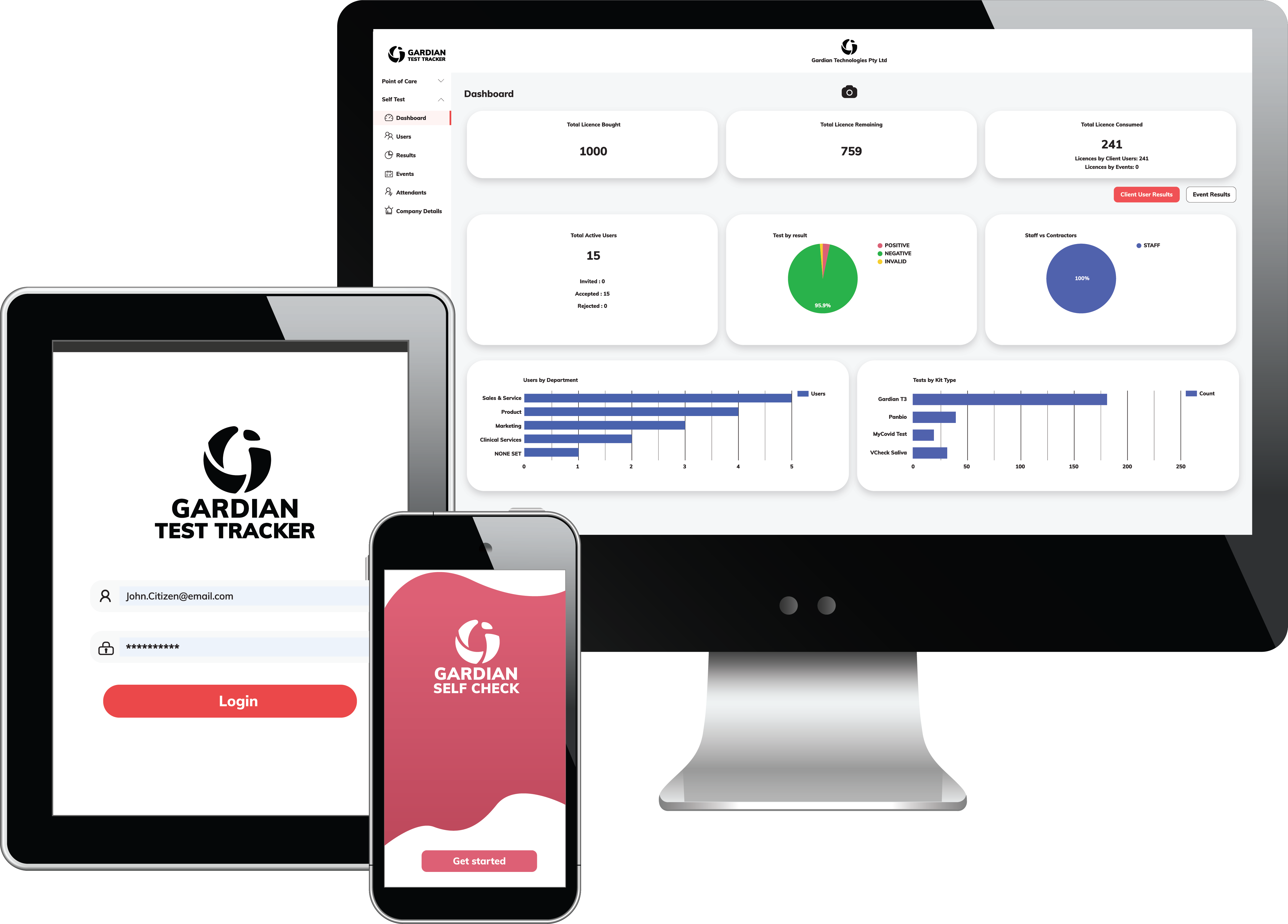Q&A: Riding the Covid rollercoaster
Clean Planet is a health and sustainability focused cleaning and life services franchisor that has successfully navigated the Covid-19 pandemic. CEO Tony Pattison shares some insights.
Clean Planet is a nationwide health and sustainability focused cleaning and life services franchisor that has successfully navigated the Covid-19 pandemic. NZBusiness went to CEO Tony Pattison for some insights.
NZB: How hard has the past 12 months been on your franchisees? What challenges have they faced and how do you think they fared compared to other franchise businesses in New Zealand?
Tony: Many were severely impacted by the lockdown. Some of Clean Planet’s commercial cleaning franchisees retained some or much of their business if their customers were essential services, but even these posed significant challenges with the anxiety brought about by being exposed to multiple premises and people. Indeed, some were cleaning Covid testing centres, so these franchisees were understandably quite anxious and yet continued to supply services through a strong sense of duty.
Businesses that were non-essential services and all domestic cleaning customers simply ceased their services. In these instances, franchisees’ revenue all but dried up.
Our number one priority during this period was ensuring we were fully supporting our franchisees and master regional franchisees, and that they felt they had a place to go to for ongoing advice. We very quickly set up weekly video calls to openly discuss issues and provide updates, alongside other, regular communications. It also gave us the ability to share an honest and open assessment of what we were all navigating.
On top of that, we worked closely with franchisees to access the Small Business Cashflow Loan and Wage Subsidy Schemes – offering advice on whether they were eligible, and assisting them with the application process. We also assisted franchisees with access to the Small Business Cashflow Loan Scheme and the Wage Subsidy Scheme. We were able to advise on whether franchisees qualified for assistance, and assist with the application process.
Clean Planet is a member of the Franchise Association of New Zealand, and they did a very good job of organising support for their members, and indeed lobbying the Government on several issues. Again, regular Zoom calls were arranged for members, with speakers and discussions around the issues faced. These calls were beneficial not only to gain a greater understanding of the wider issues and for receiving advice, but for making us realise we are not in this alone.
I firmly believe that, in general, franchised businesses had greater layers of support than non-franchised businesses.
As businesses reopened, Clean Planet was able to exit the lockdown quickly by rapidly introducing services such as deep cleans and sanitisation of premises. This allowed many franchisees to generate additional revenue, and demonstrated flexibility and responsiveness to our customers which was well received. This allowed for a relatively quick bounce-back to around 95 percent of forecast revenues by the beginning of Q2, bringing more normality and certainty to the business.
NZB: What have you personally found to be the toughest aspects of navigating the past 12 months? And what are some of the lessons that have come out of this pandemic?
Tony: The most difficult thing for me has been the uncertainty of the future economic landscape, especially in the first months of the pandemic. New Zealand has been largely shielded from the worst effects of the pandemic, but watching from a distance the havoc wreaked in other countries and their economies has been very unsettling. There were some early dark days where major decisions were made based on little information, but Clean Planet has a strong board and executive team, and so analysis of what information was available was done, decisions made, and actions implemented.
That was tough, but having a strong and experienced team meant we could make sound decisions and plans, and ride the lockdown out. During this time we didn’t sit on our hands – we have a well-developed strategic plan, and we decided to bring aspects of the plan forward while we had time available over lockdown. This has meant we are a quarter or two ahead of some of our pre-Covid strategic timelines.
I think all businesses will have been stressed over the past 12 months and being nimble has been essential. The economic landscape changed quickly, and all businesses will have had to analyse their business model and structure to a significant degree, and likely make changes. Those that were able to adapt – or pivot entirely – may have done reasonably well. These businesses will likely challenge other, less nimble or adaptable businesses for market share. Clean Planet is one of the former.
NZB: Why do you think health and sustainability are now resonating with people, and how do you see the cleaning market developing over the next 12 to 24 months as a result of this trend?
Tony: I think this resonation is a gradual compilation of a number of things. Sustainability is now pretty mainstream and has been for some time, with most people contributing to this in some way, even if it is just putting out the recycling. However, there are a mounting number of stories and people that are adding to the message, such as Greta Thunberg, Generation Less, Circular Economies, climate change, and waterway degradation. Wherever you look, there is evidence of a significant issue, but also action being taken to mitigate it.
All of this evidence of issues and required actions is now consolidating into a general understanding that things have to change, and quickly. Yet one of the major issues with, not just ours, but likely most industries is that claims about the sustainability of products or services are easily made, yet in some cases unable to be substantiated. Clean Planet was one of, if not the, original supplier in this market, and has continued to develop systems and products to remain a market leader.
Consumer’s awareness of health is also a combination of many factors. Older generations are aware of the benefits of a healthy lifestyle in not just prolonging their years, but their active years. And younger generations are simply much more aware of what they do to their bodies and how to maintain them. Families and workers want a healthy environment for places they spend considerable periods of time – their workspace or home.
With people increasingly time poor or wanting to do things other than daily chores, outsourcing of services will increase in the domestic market.
Further, high quality cleaning is not a simple skill, and with a greater focus on the health of office spaces, there is now far more to cleaning than running around with a vacuum cleaner and duster.
I believe demand for high quality cleaning and the now associated regular sanitation services will continue to increase.
NZB: What are some of the key principles you abide by when it comes to the day-to-day running and direction of the business?
Tony: Clean Planet has aggressive growth plans, but all plans must align with our written values, with one of these being “Sustainability will be at the forefront of all our actions and plans”. Sustainability and health are our core philosophies, and we ask all employees and Franchisees to not just quote platitudes about this, but to actually put things into action every day.
NZB: What further plans do you have for growing Clean Planet?
Tony: We have a number of significant initiatives being launched this year. We will introduce new services to both our existing markets and new verticals, with a pilot of some of these extended services starting in March. We will launch our proprietary range of healthy,organic cleaning products to the market, as well as partnering with a not-for-profit to assist our community focused social contribution.
It’s a really interesting time at Clean Planet, as we work to diversify our business to become more of a ‘life servicing partner’ to our commercial and domestic customers. Yes, we’ll continue to have health and cleaning related services at the core, but with a number of other, significant initiatives being launched this year we’re very quickly extending that scope.
NZB: What’s the best piece of advice anyone ever gave you in relation to business management? And looking back over your business career, what are you most proud of?
Tony: Delegate. Let go of the daily, weekly and monthly things you do and have other team members do them. Almost literally, work on making your current job redundant. You need to be driving your role forward. The tasks you’re doing now shouldn’t be what you’re doing in 12 months.
Continuous delegation achieves two things: it frees you up to work on strategic level initiatives and to not get caught in the business-as-usual tasks which others can generally handle; it also enables your team members to grow. Most will take the opportunity, but some may not be able to, and for these ones you’ll need to find another path.
This strengthens the team immeasurably. I am very proud of being able to develop and build a well performing team, both with our employees, and our franchisees/master franchisees. We all face challenges every day, yet the group is not just overcoming these but also regularly kicking significant goals. We achieve that as a team.






